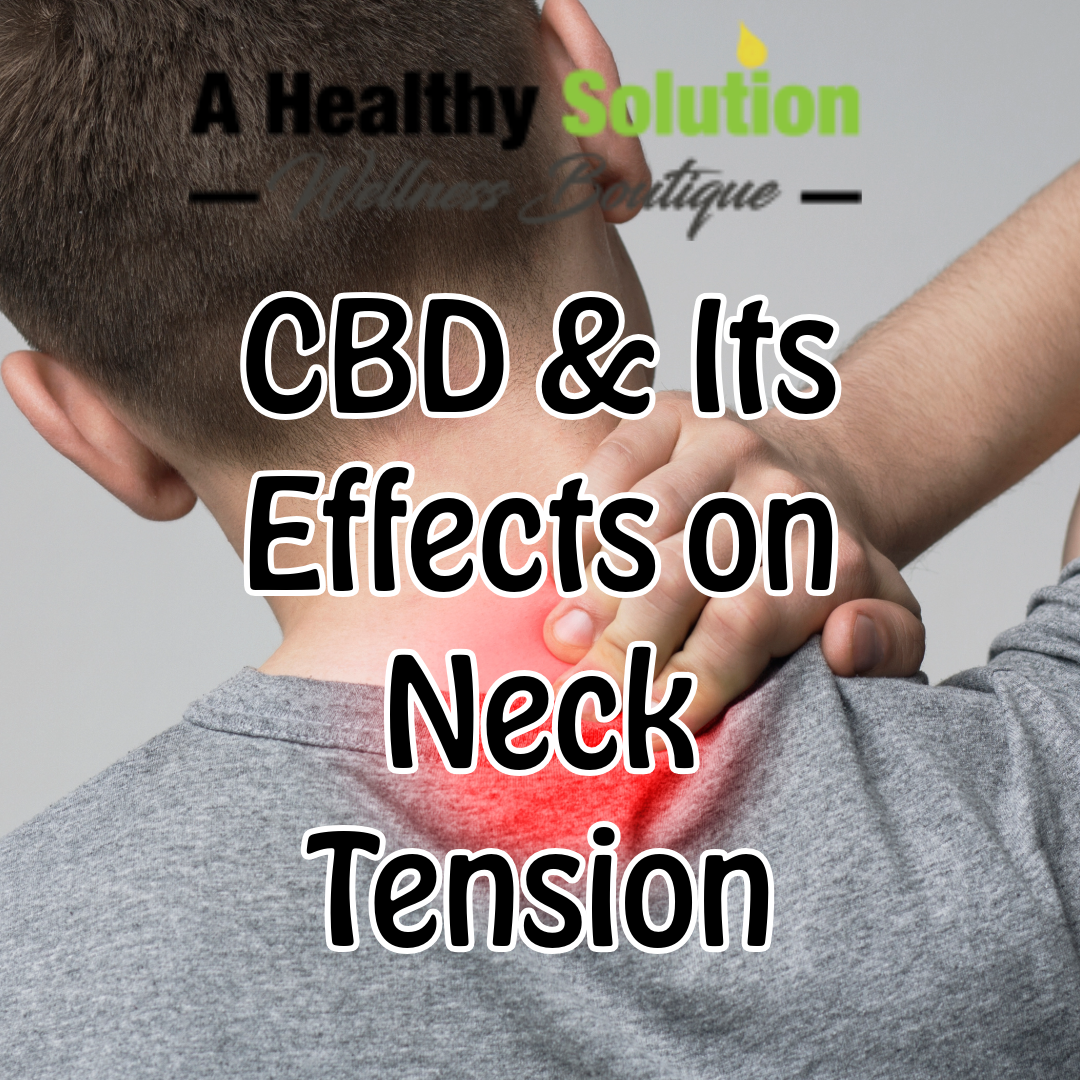Whilst research is still developing, CBD shows promise in certain areas related to our
cardiac -or hearts. Cannabidiol – commonly known as CBD, is known for its anti-inflammatory properties and nonpsychoactive effects. Due to the fact that it interacts with CB2 receptors it can reduce the bodies sensory to pain without allowing for an elevation.
Potential Benefits of CBD for the heart:
Blood pressure Regulation – especially bodies under lots of stress
– CBD may help lower blood pressure, due to CBD’s ability to promote vasodilation (widening of blood vessels), which improves circulation.
– Though patients under the use of marijuana may see opposite effects as blood vessels become dilated and cause the heart to pump harder -this causes an increase of a heart attack.
Anti- inflammatory Properties – Chronic inflammation plays a significant role in heart disease
– By reducing these inflammatory markers, CBD may help slow down plaque buildup in arteries and protect heart function.
– The ECS (Endocannabinoid System (ECS) Modulation) plays a role in regulating inflammation in the cardiovascular system.
Antioxidant Effects
– Antioxidant effects refer to a substance’s ability to neutralize harmful molecules called free radicals, which cause oxidative stress. Oxidative stress plays a significant role in heart disease, inflammation, and vascular damage.
– Occurs when there is an imbalance between free radicals (unstable molecules that damage cells) and antioxidants (molecules that neutralize free radicals).
– CBD has been shown to reduce oxidative stress in endothelial cells, improving vascular function.
Potential Risks of CBD for the Heart
Interaction with Medications
– CBD can interact with blood thinners, blood pressure medications, and other cardiac drugs.
– It may enhance or inhibit the effects of these medications, leading to dangerous fluctuations in heart function.
Should You Use CBD for Heart Health?
– If you are considering CBD for cardiovascular benefits, speak with your healthcare provider to assess potential risks and benefits.
– Start with low doses and monitor how your body responds.
– Be cautious of CBD quality, as unregulated products may contain contaminants that could harm heart health.
In Conclusion….
While CBD shows promise in supporting cardiovascular health through its potential to lower blood pressure, reduce inflammation, and improve circulation, more clinical research is needed. It should not be used as a replacement for prescribed heart medications but may be a complementary approach under medical supervision.
A healthy solution recommends:
1500-3000 FS (full spectrum) tincture – 2x day
25-50mg FS CBD/CBG gummy – micro dosed
Make sure to consult with sales associates about all pharmaceutical medications before ingesting any products.
CBD products should be taken 2 hours after medication under no circumstances should this information be disregarded






Leave A Comment
You must be logged in to post a comment.